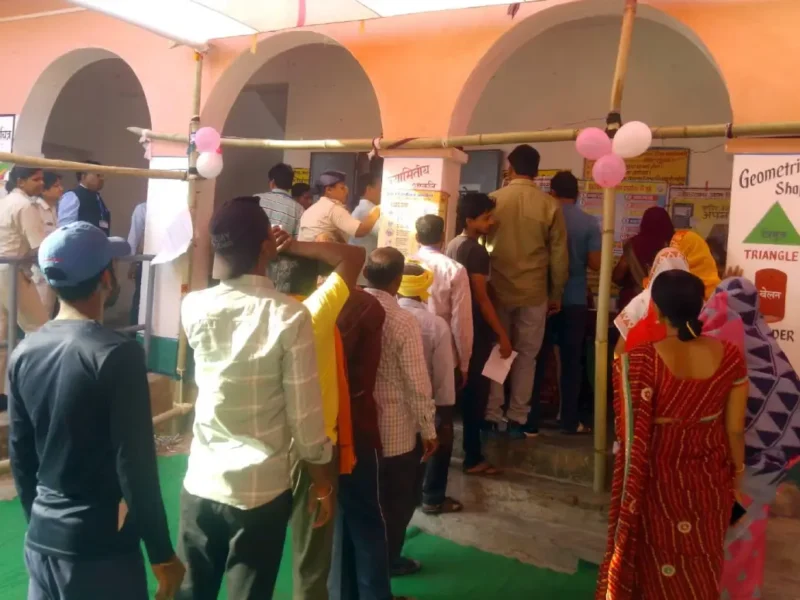Refugee Crisis On Our Southern Border
From Jagjit Singh, Los Altos, CA
There is a direct relationship between United States-backed coups in various Latin American countries and the ongoing refugee crisis on the southern United States.
Over the past several decades, the United States has been involved in numerous covert and overt interventions in Latin American nations. These interventions, often in the form of coups or support for authoritarian regimes, have destabilized the region and contributed significantly to the displacement of millions of people. Here are a few examples,
1. Guatemala (1954): The U.S.-backed overthrow of President Jacobo Árbenz paved the way for decades of political instability, violence, and human rights abuses in Guatemala. The resulting turmoil forced many Guatemalans to seek refuge in the United States.
2. Nicaragua (1980s): The Reagan administration’s support for the Contras during the Nicaraguan civil war fueled a conflict that led to a significant refugee crisis in Central America, with many Nicaraguans and Salvadorans seeking asylum in the United States.
3. Honduras (2009): The U.S. response to the political crisis in Honduras following the ousting of President Manuel Zelaya had lasting consequences for the country, including increased violence and poverty, pushing Hondurans to flee their homeland.
4. Venezuela (ongoing): The U.S. has been involved in efforts to oust President Nicolás Maduro, contributing to the political instability in the country. As a result, millions of Venezuelans have sought refuge in neighboring countries, including the United States.
It is important to acknowledge that these interventions were often carried out in pursuit of U.S. geopolitical interests such as seeking precious resources. However, the unintended consequences have been dire, with millions of people enduring displacement, violence, and insecurity.
As we witness a surge in refugees arriving at our southern border seeking safety and a better life, it is incumbent upon us to recognize the role our country has played in the destabilization of their homelands.
In summary, our government has committed acts of terrorism, mindless of the impact of its actions. It is now incumbent for our nation to accept as many refugees as possible and charter a new course based on human rights and the rule of law and not idle rhetoric.
(This submission is not edited.)






Pradeep Srivastava
/
In reference to migrants entering the United States, Trump recently told National Pulse: “Nobody has any idea where these people are coming from, and we know they come from prisons. We know they come from mental institutions and insane asylums. We know they’re terrorists. Nobody has ever seen anything like we’re witnessing right now. It is a very sad thing for our country. It’s poisoning the blood of our country.” Of course, there’s nothing new about Trump attacking those seeking a better life in the United States. In recent weeks, however, his violence laced words crossed a red line when he suggested that a U.S. military leader should be executed, mocked a potentially fatal assault on Nancy Pelosi’s husband, Paul Pelosi, and urged police to shoot shoplifters. But the “poisoning the blood of our country” statement is in a league of its own because this is the kind of language that is often employed by White supremacists and nativists, who are adamant about the so-called blood purity. Adolf Hitler wrote about the “contamination of the blood” or “blood poisoning” in Mein Kampf. There is no doubt that the issue of the migrants rushing into our country through the Southern border is a serious issue and needs to be addressed. Even President Biden is now convinced that we need to build a wall to slow down the migration, but there is no way we should simply accept an abhorrent, humiliating, and degrading remark like “poisoning the blood of our country”
October 10, 2023